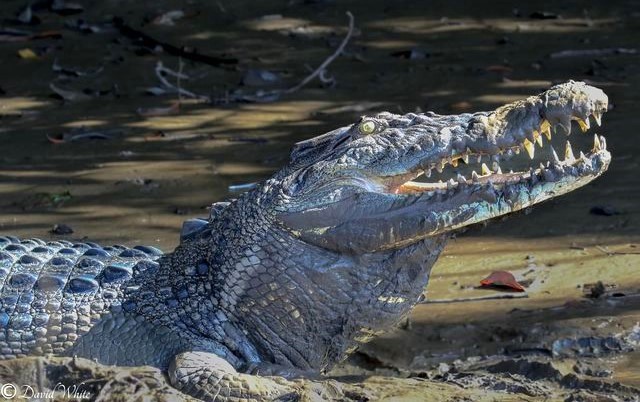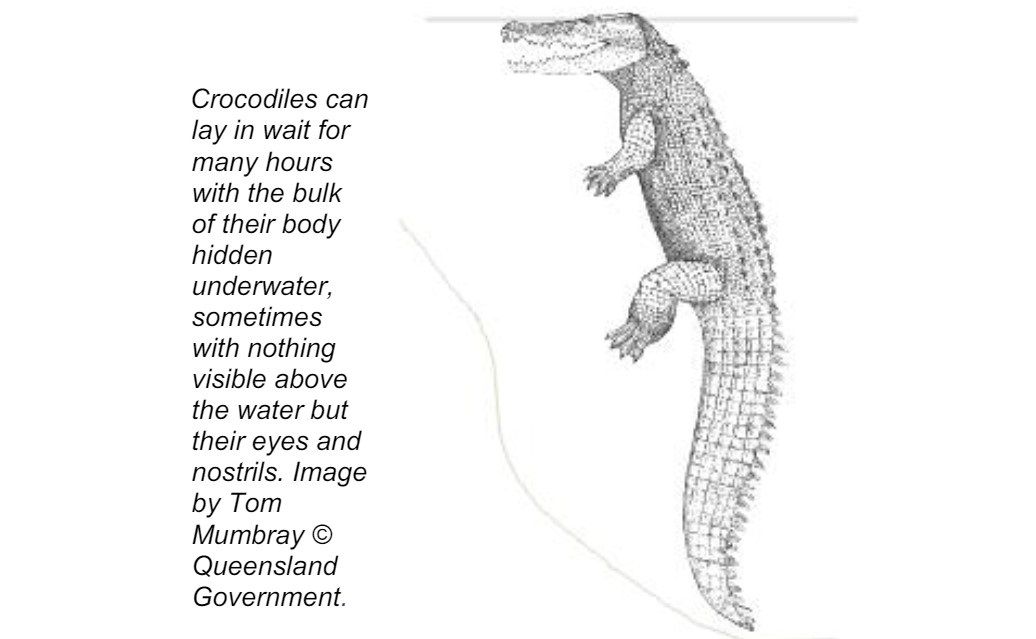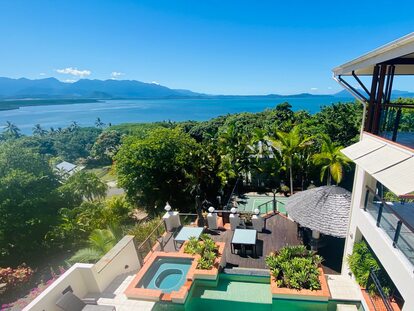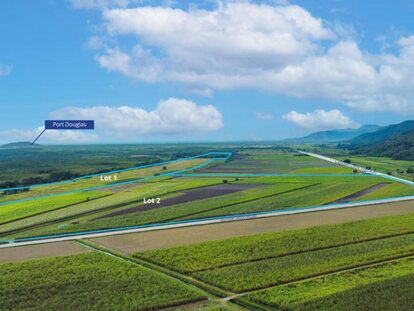‘STOP CROC HATE’: Daintree Crocodile advocate makes impassioned plea
CROC MANAGEMENT

A well-known Daintree crocodile conservationist and tour operator has made an impassioned plea for members of the public to cool their “emotive” responses over the management of crocodiles in the wild.
David White of Solar Whisper Tours said that on social media sites and other forums there is far too much “crocodile hate” especially calling for the reptiles to be culled, when what’s needed is more education and practical, common sense awareness about where the animals naturally live.
A revised state government crocodile management plan has been put out for public feedback (closing on June 5th) – including the possible trial of ‘hazing’ in the Fitzroy River in the Rockhampton area.
Hazing is a method which can involve the use of rubber bullets as one of the deterrents to move crocodiles along to another area if they are regarded as a threat to humans.
But Mr White said, after attending a recent roundtable meeting to discuss the revised management plan, he is certain that hazing will not become an option in the Daintree and other far north areas.
He said the method of using rubber bullets has had limited success when used in the past, and is not a long-term effective deterrent.
“Just because you scare one crocodile away, doesn’t mean there’s not another sneaky one underneath the water you don’t know about,” Mr White said.
“Some of them are incredibly secretive. It’s the one you don’t see that you have to worry about.”
“The effective way is to educate people about not going in the water.”
Croc numbers have recovered
Mr White said there’s a school of thought that some popular recreational and swimming places “have been taken over by crocodiles” – when in fact the reptiles have simply made population recoveries back to what their numbers were like before being extensively hunted in the 1970s.
“There’s not much you can do about it other that get people to swim in different places,” he told Newsport.
He said researchers are working on high-tech deterrents, which could be used to prevent crocodiles from coming upstream to where people like to swim and camp.
“They are working on sonar detection and in places where there’s a creek or narrow creek, river going up to a swimming hole, they think the sonar should work well, detecting animals that come upstream.
“They’re still working on the repellent, some sort of noise or vibration that will turn them around and back down the creek again.”
Crocodile education the key
The conservationist and keen photographer, who has thousands of followers in Australia and worldwide tracking his perpetual stories, poetry and pictures of the lives of many Daintree River ‘iconic’ crocodiles, said education is the key.
“Ignorance of the animal leads to fear, and fear leads to hate,” Mr White said.
“You have places like Indonesia, where you have a lot less crocodiles and a lot more attacks, and that’s because of a lack of education.
“They call it a crocodile management plan but a big part of it is trying to roll out more croc-wise behaviour in humans.”
Scientific - not populist - research
Mr White maintains that culling doesn’t work and even though a great majority of researchers agree, people living in ‘croc country’ are less likely to believe scientists, especially if they aren’t themselves from crocodile areas.
“The numbers might be lower (after culling) but there still might be one – all you need is one to kill someone, and it creates complacency by getting rid of some.
“People think that they can go back to their behaviour from the 70s and 80s, and do more risky stuff, and that would make it more dangerous.
“Reducing the numbers might increase the number of attacks due to complacency.
“People find it easy to hate crocodiles, but once you have something to do with them, you realise that they’re not like they’re made out to be, they’re just a cool, big reptile that’ve been around for millions of years just minding their own business.”

Support public interest journalism
Help us to continue covering local stories that matter. Please consider supporting below.























